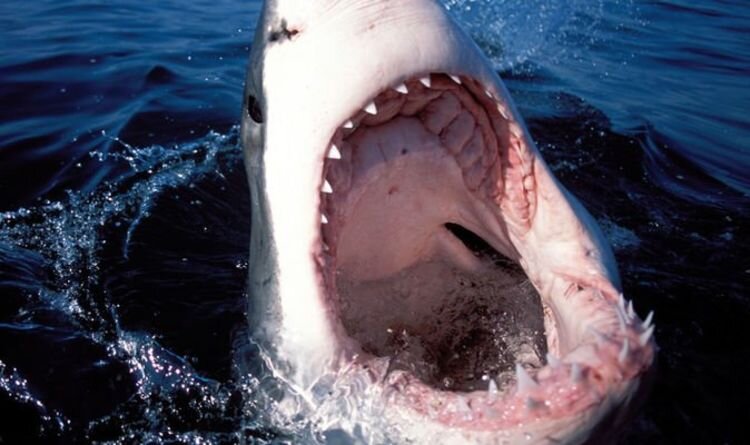Fingerprinting Shark Bites Could Help Save Lives - On Both Sides
Could bite-printing help identify sharks that attack people?
That's the claim of a French professor of marine biology, matching the mouths of sharks to attack victims, much in the same way as fingerprinting or DNA.
Dr Eric Clua asserts that for too long, when there has been a shark attack, that it has been open season on all sharks and that any and many in the water are destroyed as a result. Instead, those seeking justice should be searching for the individual 'problem shark' and not the whole species in that vicinity.
He's set to publish his research soon and says it will prove that such 'problem sharks' can exist in bull and tiger shark species, two species credited with the most number of attacks on humans, save for the great white. He accepts that such claims sit on the very edge of accepted science in marine biology.
The idea is that once there is a database of biteprints, DNA would be collected from people bitten by sharks, and hopefully matches to a shark on the list. That shark could then be found and eliminated, no longer posing a problem for people, or giving sharks a bad name.
This singling out individual sharks for attacks sounds little different to the long discounted 'rogue' theory, that Hooper adheres to in Jaws. In fact it is a concept that can be traced back to the Jersey Shore shark attacks of 1916, the first recorded shark attacks in US history.
Dr Eric Clua
Experts have long since agreed that theory is more flaws than Jaws. Several aren't convinced by Dr Clua's claims either.
Christopher Pepin-Neff, a public policy lecturer at the University of Sydney who has studied human perceptions of sharks, said:
“They are basically saying that the shark from ‘Jaws’ is real."
Whilst Blake Chapman, who studied shark neuroscience at the University of Queensland in Australia and wrote a book on human-shark conflict, told the New York Times that removing these guilty sharks “would be near impossible.”
“I don’t think that the removal of ‘problem individuals’ as a result of this information is a realistic application for the data,” she said. Chapman added the idea of 'problem sharks' had yet to be proven.
However, in a tweet last year, Dr Clua wrote: An upcoming paper will demonstrate that problem individuals exist among large shark species such as Oceanic whitetip and tiger sharks. So be patient. And I should point out that our hypothesis has nothing to do with the 'rogue' shark stuff, much less 'Jaws’ (Clua & Linnell 2019).
Next, Dr Clua hopes to pitch his DNA database to Réunion Island, in the Indian Ocean, a place where several people have been killed by sharks during the last 10 years. It's here he hopes he can prove that the bite-printing project can be a success, for both humans...and sharks.
Words by Dean Newman
If you would like to write for The Daily Jaws, please visit our ‘work with us’ page


